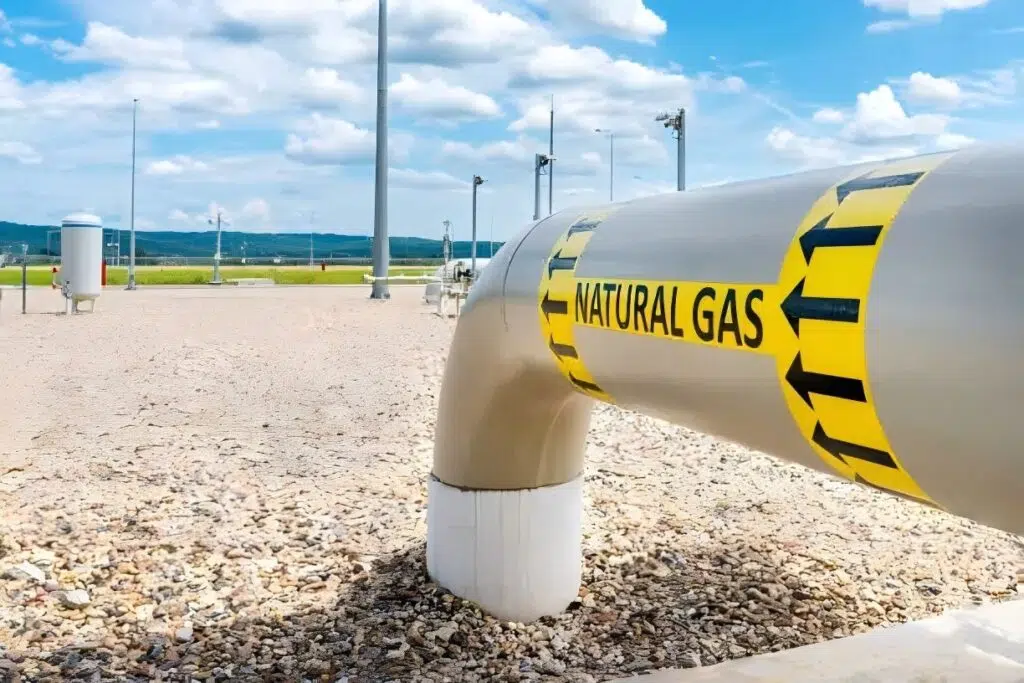When it comes to commercial deep frying, the heat source matters just as much as the fryer model itself. Two popular options—natural gas fryers and propane fryers—each offer distinct advantages. Whether you run a fixed-location restaurant or a mobile food truck, selecting the right type of gas fryer can significantly affect your cooking performance and fuel expenses.
In this post, we will compare natural gas fryers vs propane fryers to help you make an informed decision for your business.

1. Fuel Source and Availability
Natural gas fryers connect directly to a municipal natural gas line, offering a steady and reliable fuel source for permanent kitchen setups.
Propane fryers operate using refillable propane tanks, making them ideal for mobile kitchens, outdoor events, and areas without a gas line connection.
Use Case Tip: Use natural gas fryers in fixed restaurants; use propane fryers for catering, food trucks, and temporary setups.
2. Cost Efficiency
Natural gas is typically more cost-effective over time, especially in regions where natural gas rates are lower than propane. You won’t need to worry about refilling tanks.
Propane is generally more expensive per BTU but offers higher portability. You may also incur costs for tank refills or exchanges.
Use Case Tip: If your kitchen uses gas daily in high volumes, natural gas will reduce long-term fuel costs.

3. Heat Output and Performance
Both natural gas and propane fryers can deliver high-performance results, but propane has a slightly higher energy content per cubic foot.
Propane fryers heat up faster and are sometimes preferred for high-output, short-time operations.
Natural gas fryers offer consistent temperature control for continuous use in busy kitchens.
Use Case Tip: Choose propane for fast heating in mobile setups; choose natural gas for consistent large-batch frying.
4. Installation and Setup
Natural gas fryers require professional installation and connection to a gas line. Once installed, they offer plug-and-play convenience.
Propane fryers are easy to set up—just connect the tank and you’re ready to go. Minimal infrastructure required.
Use Case Tip: Permanent restaurants benefit from the long-term convenience of natural gas setup.
5. Environmental Considerations
Natural gas burns cleaner than propane, producing slightly fewer carbon emissions.
Propane is non-toxic and can be used off-grid, making it an environmentally flexible solution.
Use Case Tip: For eco-conscious businesses connected to a gas grid, natural gas may be the better long-term choice.
Which Fryer Is Right for You?
If you run a stationary, high-volume restaurant with access to gas lines, a natural gas fryer is the most economical and efficient option. If mobility, fast heat-up time, and installation flexibility are your priorities, propane fryers are the better fit.
At Marchef, we manufacture both natural gas and propane deep fryers built to meet the needs of modern foodservice operations. Whether you’re running a high-volume kitchen or taking your cuisine on the road, we have the right fryer for your setup.
Need help choosing the right fryer?
Contact Marchef today for professional advice and product recommendations.
